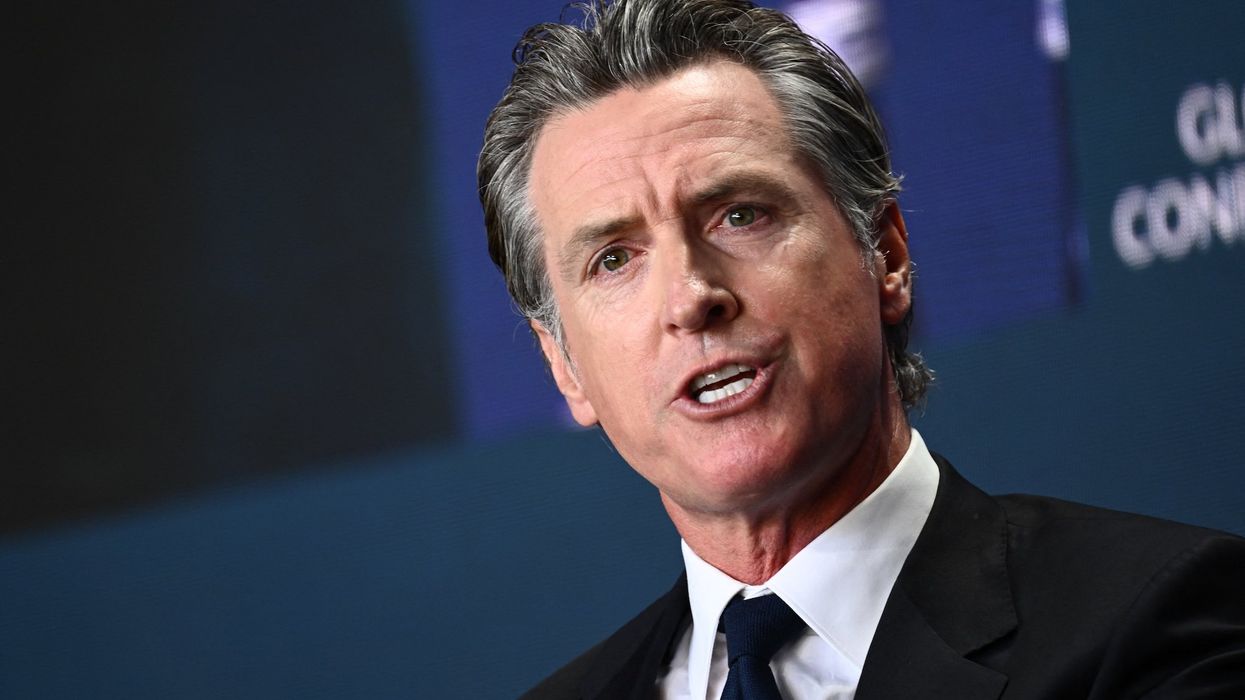
© 2025 Blaze Media LLC. All rights reserved.
Republicans to require analysis of how major legislation affects the economy
December 24, 2014
House Republicans this week proposed a new rule that would require both the Congressional Budget Office and the Joint Committee on Taxation to examine how major bills would affect the U.S. economy.
According to a description from the House Budget Committee, Congress today is free to ignore how legislation affects the economy, and is only required to look at whether legislation would increase or decrease federal revenues. The committee said the rule change would force Congress to examine legislation more broadly.
 The House Budget Committee, led by Rep. Paul Ryan (R-Wis.), announced a new rule that will require major bills to be assessed for their impact on the U.S. economy.
The House Budget Committee, led by Rep. Paul Ryan (R-Wis.), announced a new rule that will require major bills to be assessed for their impact on the U.S. economy.
Image: AP Photo/J. Scott Applewhite
"The ultimate goal — both for elected officials and their constituents — is to build a healthy economy," a Budget Committee summary said. "And by showing the full implications of their decisions, the rule would help elected officials see major legislation the way their constituents do."
"Instead of concentrating on the top line — whether it's good for the Treasury — elected officials would concentrate on the bottom line — whether it's good for the taxpayer," it added.
Many Republicans have argued that Congress too easily approves legislation — such as Obamacare — without worrying about how it will affect the economy. Some GOP members have also called for "dynamic scoring" of legislation, which could be used to argue, for example, that lower taxes would not decrease federal revenues, and would instead boost the economy and therefore add to federal revenues.
Budget Committee Republicans indicated their initiative falls short of letting the GOP claim tax cuts lower the deficit. But it did say the addition of macroeconomic analysis could make room for analysis that shows tax cuts don't lead to as much of a drop off in revenues.
"In the past, JCT has found that lowering tax rates leads to lower revenue," the committee wrote. "But analysis from JCT, backed up by academic research and macroeconomic models, has also shown that some pro-growth tax policies reduce revenues by smaller amounts once the economic growth effects are taken into account."
The committee said the new rule would only apply to "major" bills that cause a gross increase or decrease in revenues, outlays or deficits that are more than 0.25 percent of GDP. The committee said the rule change would have only applied to three bills in all of the 113th Congress that just ended.
The change won't apply to any of the huge appropriations bills Congress considers.
Want to leave a tip?
We answer to you. Help keep our content free of advertisers and big tech censorship by leaving a tip today.
Want to join the conversation?
Already a subscriber?
more stories
Sign up for the Blaze newsletter
By signing up, you agree to our Privacy Policy and Terms of Use, and agree to receive content that may sometimes include advertisements. You may opt out at any time.
Related Content
© 2025 Blaze Media LLC. All rights reserved.
Get the stories that matter most delivered directly to your inbox.
By signing up, you agree to our Privacy Policy and Terms of Use, and agree to receive content that may sometimes include advertisements. You may opt out at any time.





